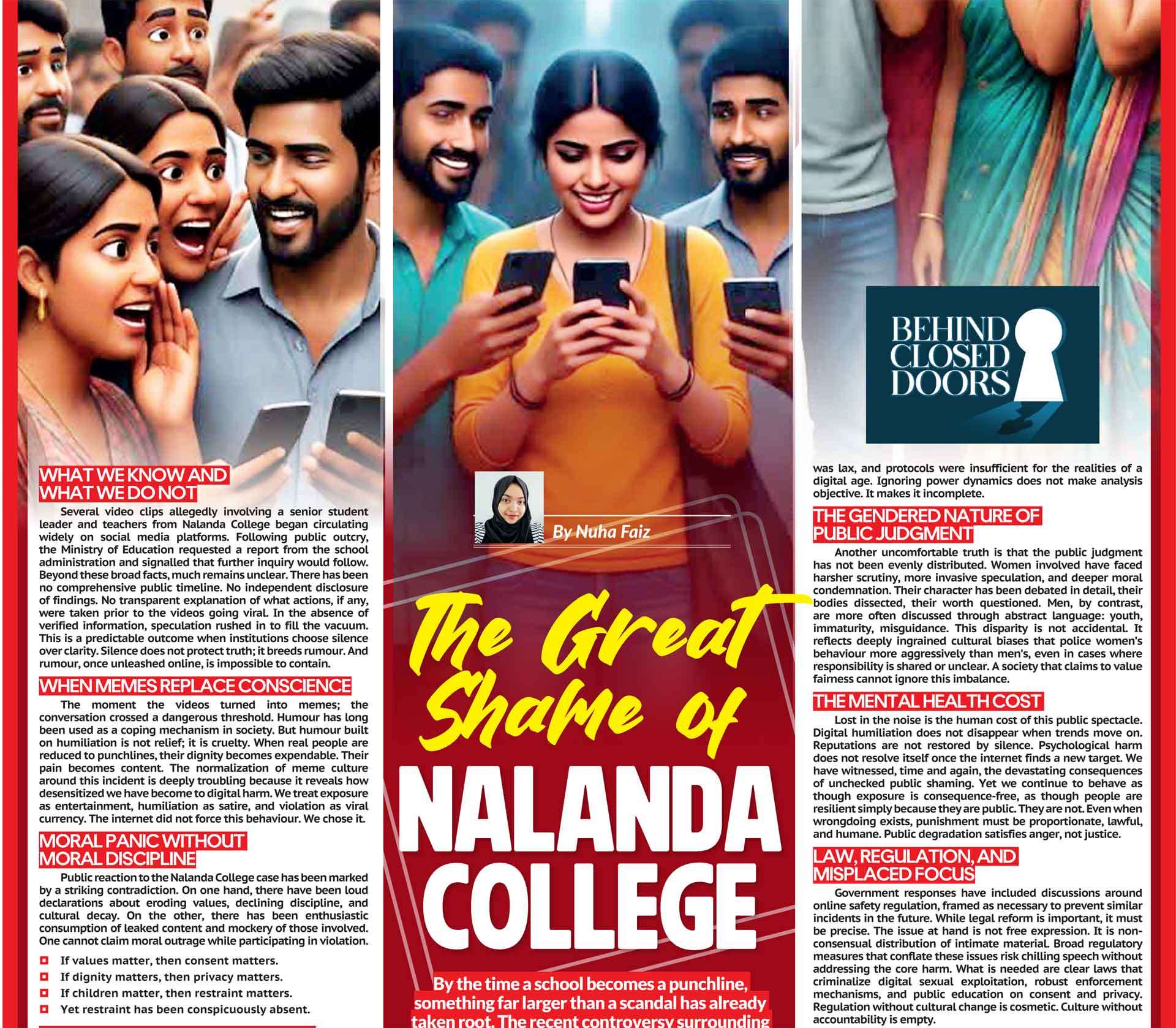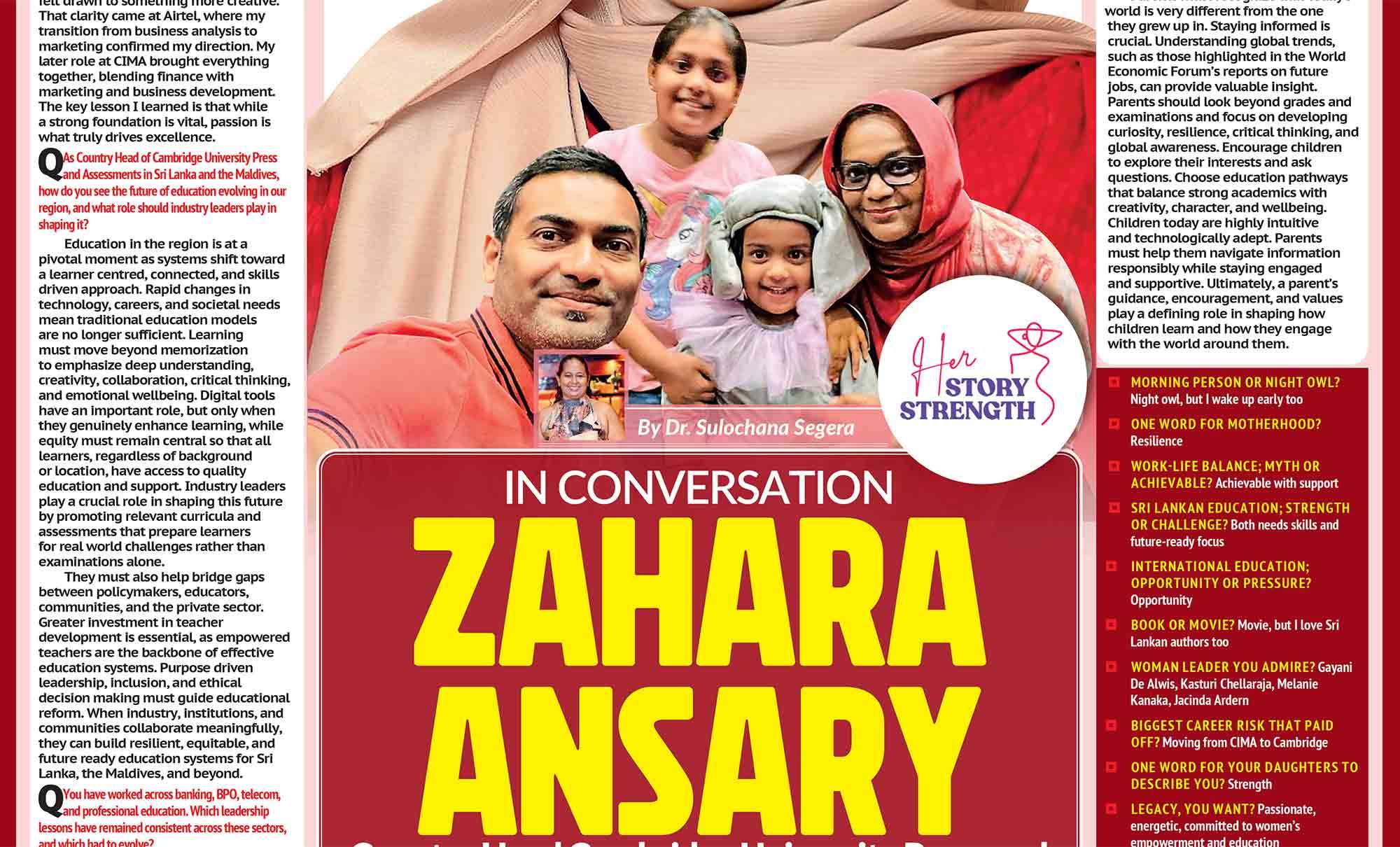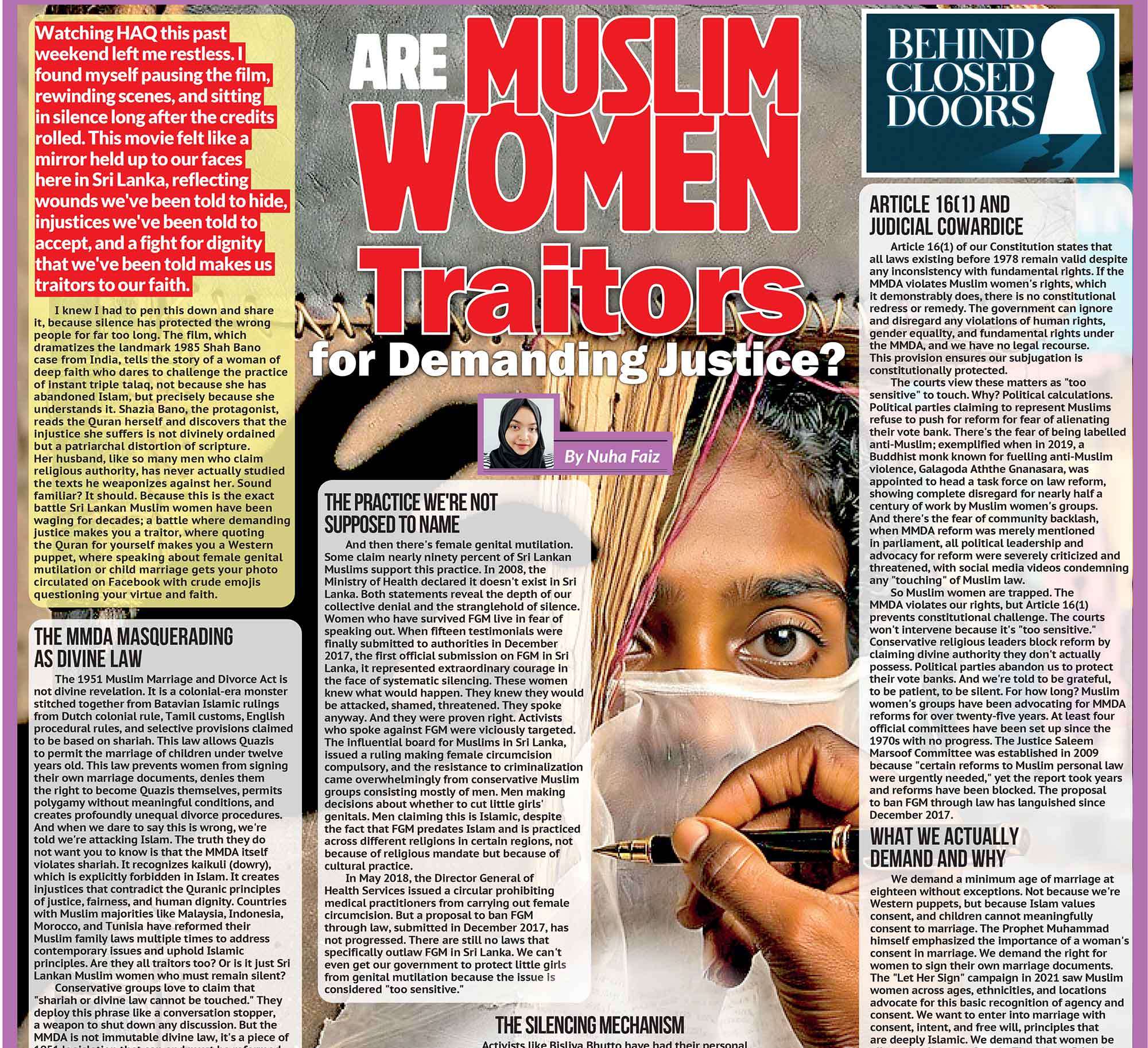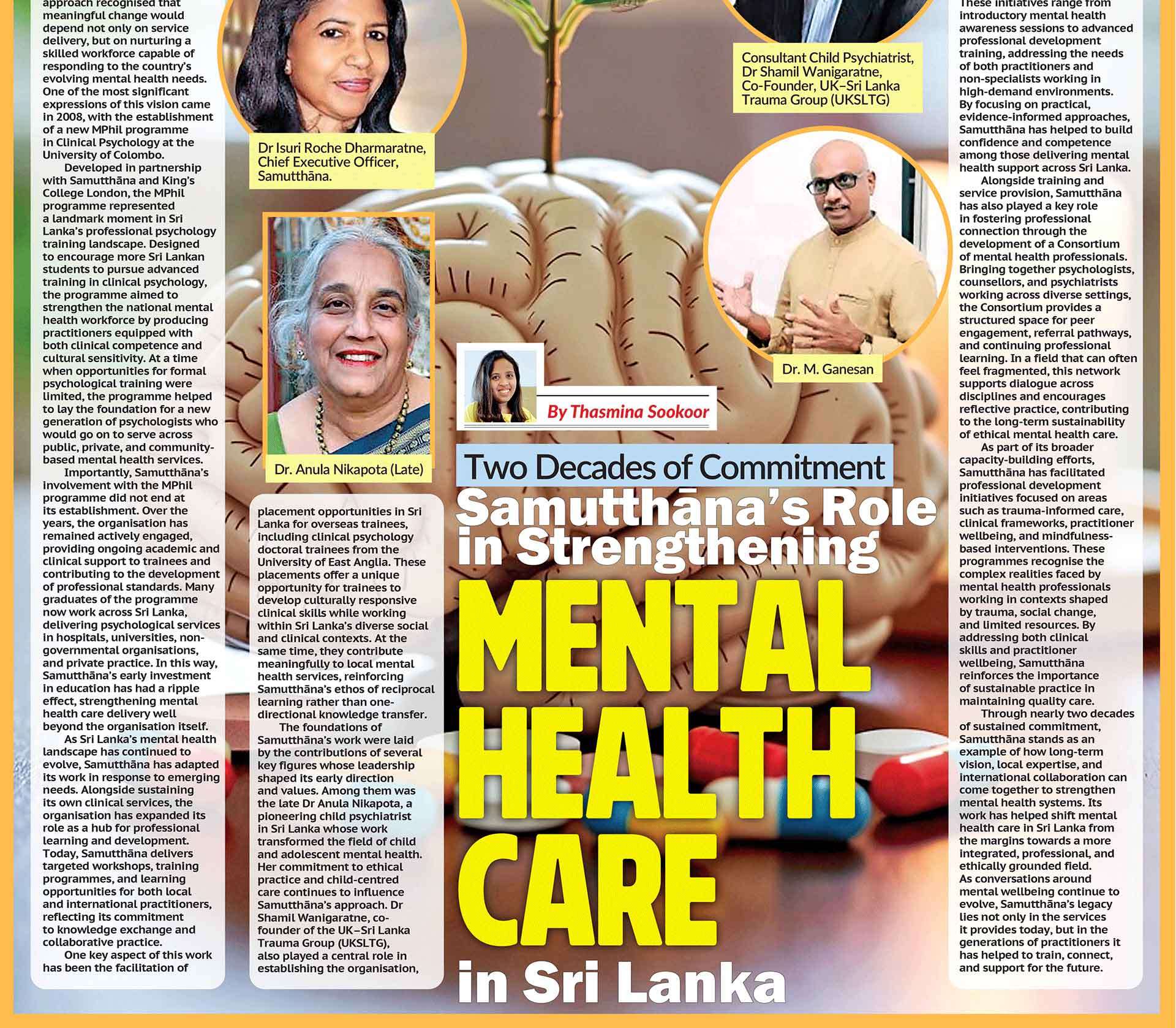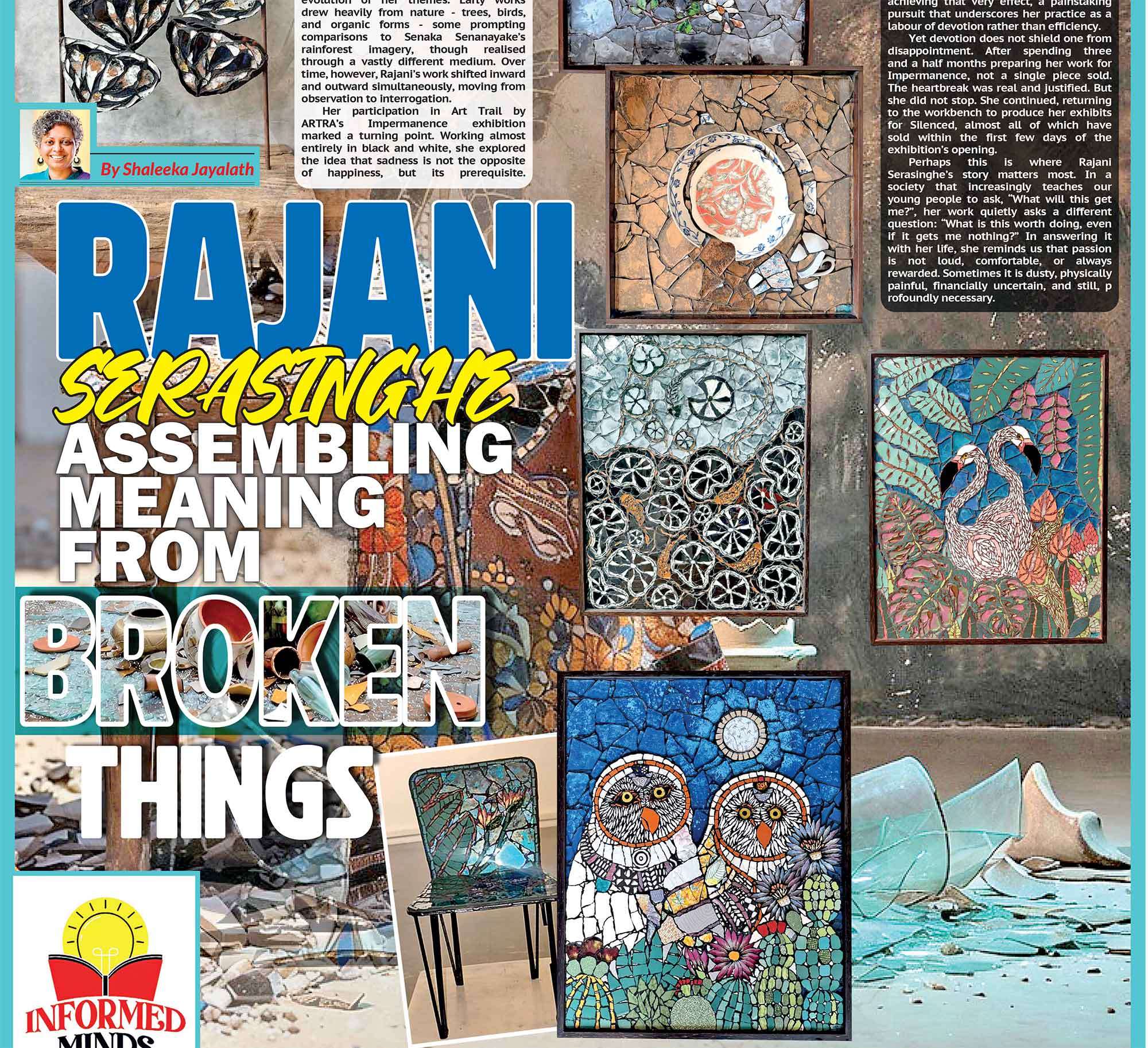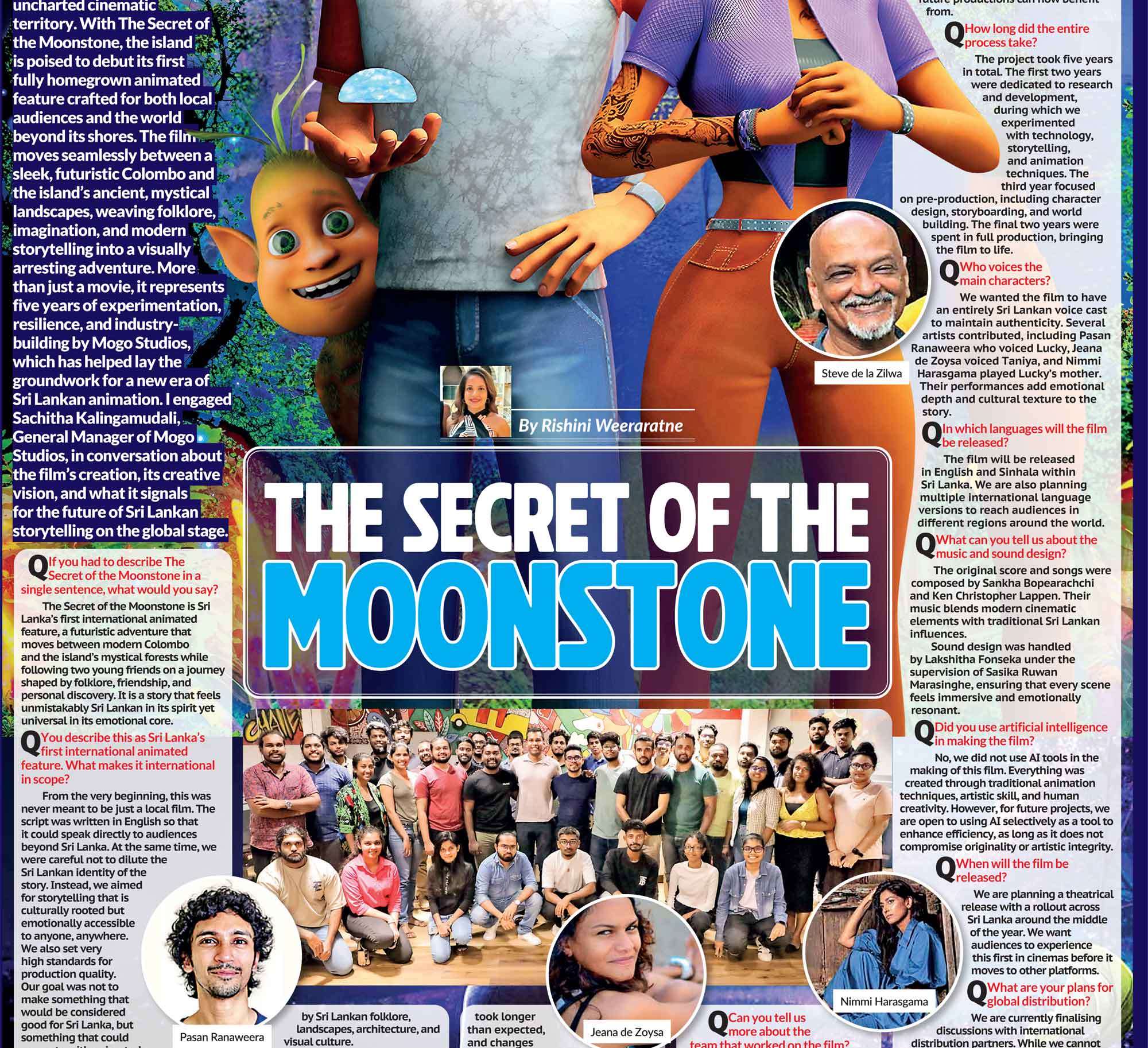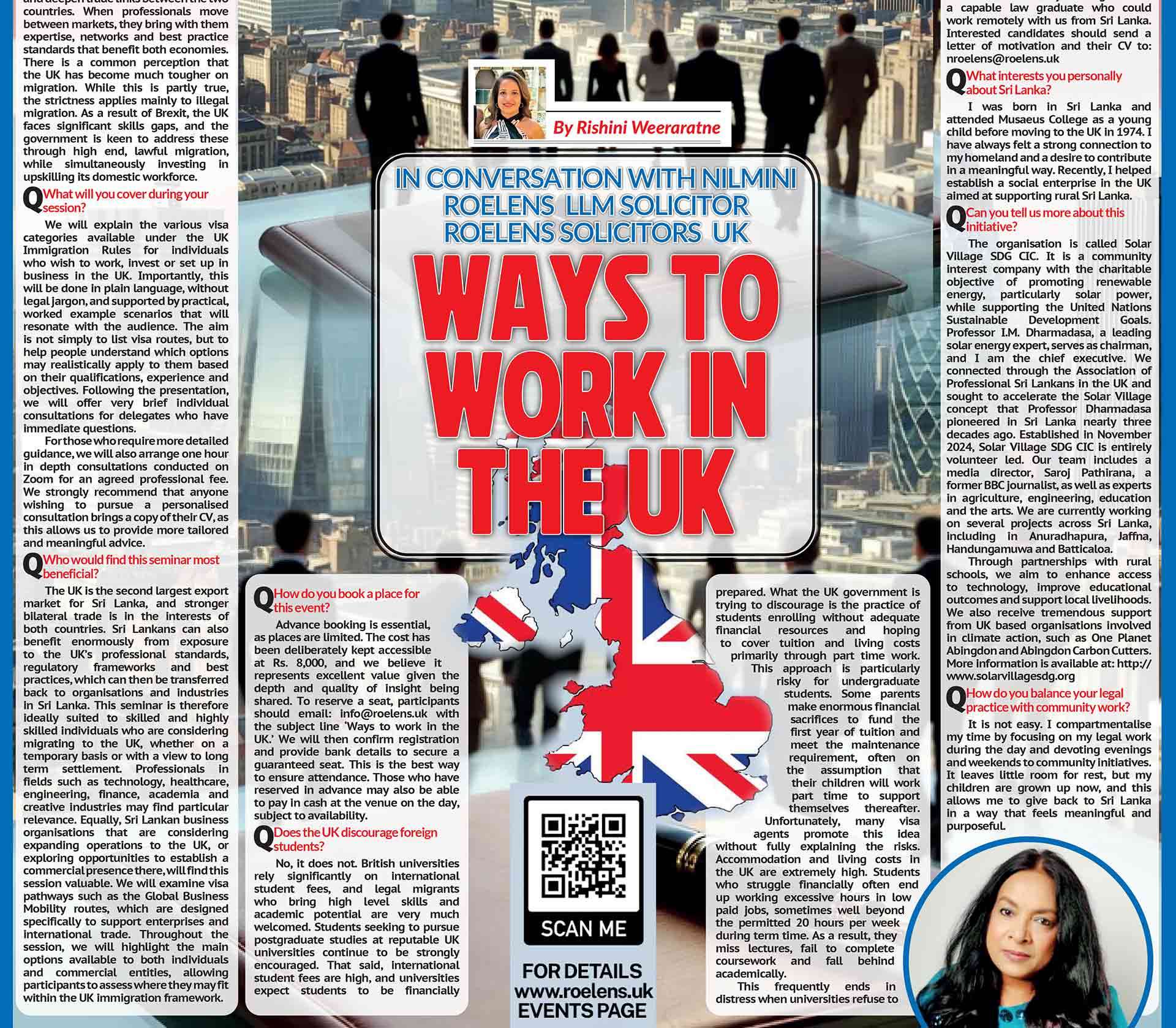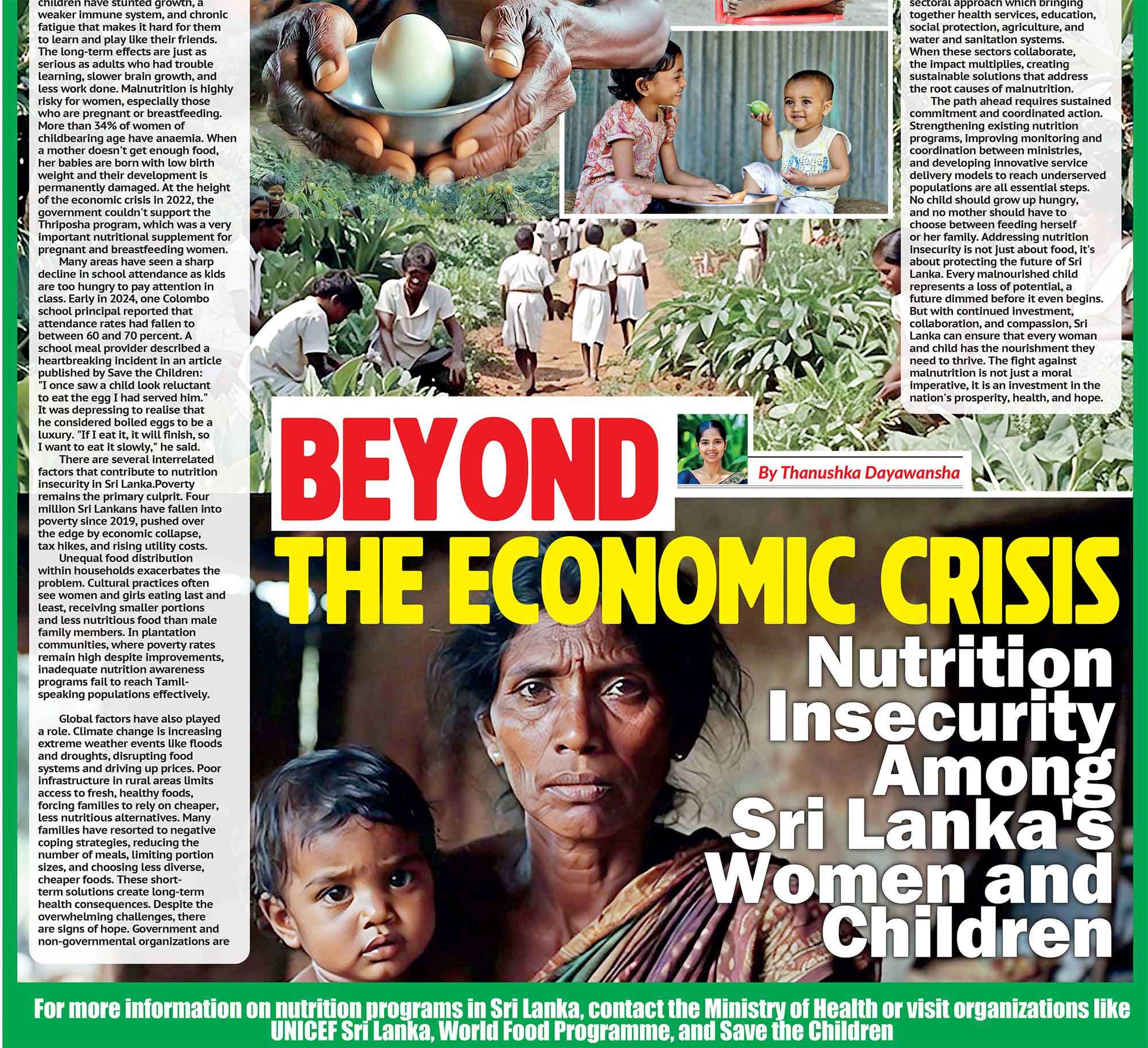
- Let’s set the scene. A tourist, usually white, often from Europe, stumbles upon a trending Tamil or Sinhala audio. Thirty minutes later, they’re in a crop top and a bindi, lips flapping like a fish out of water, mouthing lyrics they don’t even understand
Welcome to the tropically ironic world of foreign influencers in Sri Lanka, a genre of content that sits somewhere between an off-brand travel documentary and a TikTok fever dream. If you’ve ever opened Instagram or TikTok and seen a white woman aggressively lip-syncing to a Sinhala or Tamil song, complete with wide eyes, awkward hip thrusts, and a questionable saree drape, congrats, you’ve seen the phenomenon in the wild. Now, before we get accused of gatekeeping culture or saying, “foreigners can’t enjoy our music” (they can, we’ll get to that), let’s unpack the performance, the praise, the land grabs, and the painfully predictable complaints that follow in the comments section.
The Lip-Sync Disease: Cultural Appreciation or Content Farming?
Let’s set the scene. A tourist, usually white, often from Europe, stumbles upon a trending Tamil or Sinhala audio. Thirty minutes later, they’re in a crop top and a bindi, lips flapping like a fish out of water, mouthing lyrics they don’t even understand. The song is often about heartbreak, war, or poverty, but that doesn’t matter, because she’s racked up 40,000 likes and comments like “you sing better than my amma” or “very nice lip sync” (yes, we’re quoting with incorrect grammar for a reason). We’re not mad that they enjoy the music. Culture is meant to be shared. But when that enjoyment turns into performance for clout, that’s when the discomfort creeps in. There’s a line between vibing to a song and treating culture like an aesthetic accessory to your content calendar.
How to Spot These Influencers
Their content pattern is easy to recognise lip-sync video, saree photoshoot, deeply spiritual jungle yoga moment, charity reel of handing out biscuits to kids, and complaints about tuk-tuk prices and bugs. Followed by captions like “Sri Lanka changed me #islandgirl #culturalimmersion.” But immersion doesn’t mean stomping barefoot around a temple or making a reel titled “My Local Experience” while staying in an expat-only hostel with kombucha on tap. It’s giving performance; not presence.
Budget Travel:
The Ungrateful Way
Enter the “disappointed backpacker” genre. Tourists, mostly Russian, French, and Eastern European digital nomads, book the cheapest possible lodging and then act scandalised when it’s not the Four Seasons. “The bed was hard. The AC didn’t work. The host’s English was poor.” You booked a $7 guesthouse on Booking.com and expected five-star turndown service? The hypocrisy is laughable. Audacity must be on sale these days. They romanticise “local life,” post a photo of string hoppers with a deep caption and then complain there’s no oat milk or avocado toast
The Great Expat Takeover
Now let’s zoom in on places like Arugam Bay, once a chill coastal town, now essentially an Airbnb cult. It’s been gradually colonised by European and Israeli expats who’ve transformed the area into a kombucha-sipping, yoga-retreat-heavy, spiritual-but-not-really enclave.
You’ll find cafés that charge more for a smoothie than a local’s daily wage, bars that don’t play local music, and businesses where staff are told to speak only English to avoid making foreign patrons feel “uncomfortable.” Locals now feel unwelcome on their own streets, in their own home.
One of the most insane manifestations of this came in February 2024, when a “white party” was planned in Unawatuna. The event had a dress code of white, not just in terms of clothing. Posters promoting the party said, “Face Control: White,” meaning only white-skinned people were allowed in. Locals were explicitly barred. Let that sink in. A whites-only party. In Sri Lanka. In 2024. Yes, you’re thinking the same thing I am. It’s absolutely shocking.
The backlash was swift and global. Sri Lankan media exploded. Reddit was ablaze. International outlets picked it up. The Russian embassy issued a public statement condemning the racism, and the Sri Lankan government revoked free long-term visa extensions for Russian and Ukrainian tourists as part of the fallout. This wasn’t just tone-deaf. It was segregation in broad daylight.

Tourists to Territorialists
There’s a specific breed of foreigner who shows up on a tourist visa and ends up acting like they own the coastline. They underpay for rent, overstay their welcome, and run unregistered businesses from illegally converted villas, while excluding locals from the very areas they profit off. If locals dare to ask questions? They’re met with defensive passive-aggression, or worse: “You should be grateful we’re bringing business here.” No, babe. You’re bringing entitlement and pushing out the very people whose culture you’re profiting from.
The White Woman and Surfer Boy Epidemic
Ah, my favourite, the romance-industrial complex. You know this couple: a 24-year-old woman from Berlin, sunburnt and spiritual, holding hands with a tanned Sri Lankan surf instructor named Dilan, who calls her “baby” in a rehearsed accent. She teaches him English. He teaches her how to pose with a coconut. They post a beach photo shoot captioned “My love for you is like my love for a coconut, if it hits you on the head, it’s gonna hurt real bad. “But beware; this isn’t always about love. It’s about economics. The foreign woman gets her Eat Pray Love fantasy. The Sri Lankan guy gets a passport-shaped opportunity.
These aren’t always bad faith relationships. But let’s not pretend they’re always genuine either. The surfer boys know that foreign women often come with foreign money, connections, and maybe even a one-way ticket out. The foreign women know they can get admiration, attention, and the illusion of cross-cultural depth. So, if you’re thinking Dilan the surf instructor loves you for your amazing personality or your stardust soul, think again, Brittany.
Locals see them walking through Ella and sigh, not out of jealousy, but because they know where this ends: a visa, a wedding for content, a YouTube vlog, and a GoFundMe if it goes sideways.
he Fetish and the Fantasy
There’s a long-standing fetishisation of fair-skinned women in Sri Lanka—tied to status, power, and colonial hangovers. Foreign women enjoy the pedestal. Local men chase the passport. And both sides often treat the relationship like a business deal dressed up as romance. It’s not always wrong, but it’s very often unequal.
Can Foreigners Enjoy
Sri Lanka?
Of course. Eat the kottu. Dance at the Perahera. Learn a lyric. Fall in love, even. But do it without colonising, excluding, or objectifying. And maybe, just maybe, don’t throw whites-only parties in brown countries and then act surprised when people are pissed.
The Island Is Ours
To the influencers, the digital nomads, the surfer-chasing tourists, and the colonial café owners: the island is not your backdrop. You can’t just lip-sync to the culture, price locals out of their towns, and then complain about ants in your $7 guesthouse. Sometimes cultural appreciation is performative. Sometimes it’s just blatant cultural appropriation. Either way, it’s obvious. And we see it (excluding, of course, the 40–50-year-old uncles leaving heart-eyes emojis on such posts). Saying “Ayubowan” before a thirst trap doesn’t make it deep. Sri Lanka isn’t a fantasy. It’s a country, with memory, with culture, with pride. And it deserves respect from anyone stepping on its soil.



